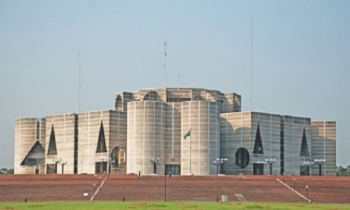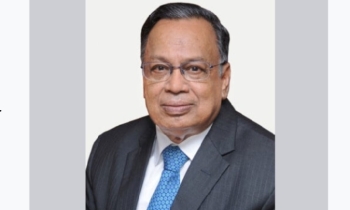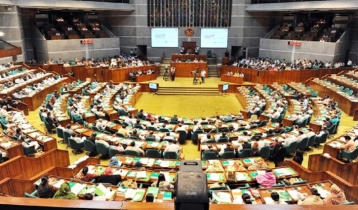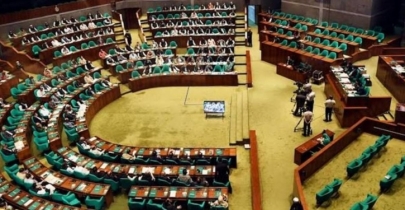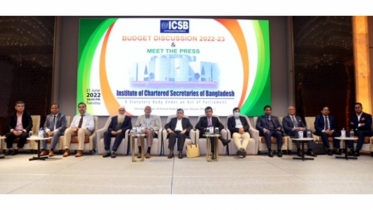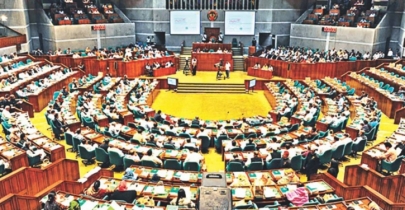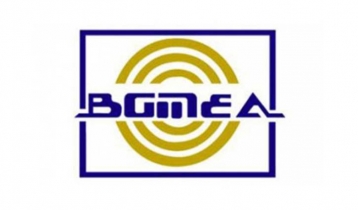New tax policy on laptops, internet to widen digital divide: Ex-BB governor
BI Report || BusinessInsider

Photo: Representational
The new tax policy on the IT sector announced in the proposed budget for fiscal 2022-23 is likely to further widen the country’s digital divide and nullify the government’s efforts to enhance a blended approach to education.
Blended learning combines in-person instruction with online activities to provide a comprehensive learning experience.
However, former Bangladesh Bank governor Dr Atiur Rahman on Saturday in his budget reaction said the new tax policy defeats the government’s effort for enhancing the blended learning approach.
In the budget, the government proposed 15 percent VAT on laptop imports, 5 percent on mobile phones at the retail level. The budget proposal also hiked VAT on broadband internet by 5 percent which adds up to 10 percent at the retail level.
Students from low-income families had already been feeling the pinch of the digital divide during school closures induced by the pandemic, said Dr Atiur Rahman.
Bangladeshi students, experiencing one of the longest school closures, had to adapt to an online-offline blended learning approach during this period. Bangladesh on March 17, 2020, shut down all educational institutions and remained closed until October 2021.
The effort to popularise blended learning requires affordable digital devices and internet connectivity, which puts a heavy burden on low-income families. On top of that, with the additional taxes, many families of students will find it even harder to cope with education costs, with some may opt to drop out.
Earlier, laptop computer imports were enjoying VAT exemption. For which, the government reasoned, domestic computer manufacturers were facing uneven competition.
However, Dr Rahman said the local-made laptops are not yet enough to meet the demand and the proposed taxes will further exacerbate the digital divide that was clearly evident during the pandemic.
A low-spec multimedia laptop (with camera and speakers) costs a minimum of Tk 20,000. With the added 15 percent VAT, the prices of laptops are bound to become too expensive to afford for low-income families.
Prices of smartphones, another device used for online learning, has witnessed a 5-percent hike at the user level. Adding the costs of devices and the internet, many students coming from low-income families will be deprived of education.
As many as 33.81 lakh mobile phones were produced locally in April of this year, according to BTRC data. Of these, 38.90 percent were smartphones. The majority (61.10 percent) still use feature phones.
In order to set up multimedia classrooms, 50,416 government primary schools have been provided with 58,921 laptops with internet connectivity, multimedia projectors and sound systems.
But the new tax policy suggests that the government’s effort is limited to the institutional level only. Consumers’ demand was heeded in the budget.
But the number of broadband internet users had doubled to 1.99 crore since the pandemic as many of them were being forced to work from home and remote learning.
However, as of April 2022, the total number of internet users in Bangladesh was down to 11.42 crore from the previous month’s 11.39 crore. Although the number still looks promising, it had declined by 6.90 lakh users. Among the total internet users in the country, over a crore use broadband or PSTN service.
According to 2020 data, 54 percent of rural households in Bangladesh do not have access to the internet.
Despite the government’s pro-digital approach, the government looks to shorten the digital divide by making the tax policy cater to students and learners, rather than facilitating industries related to the sector.

